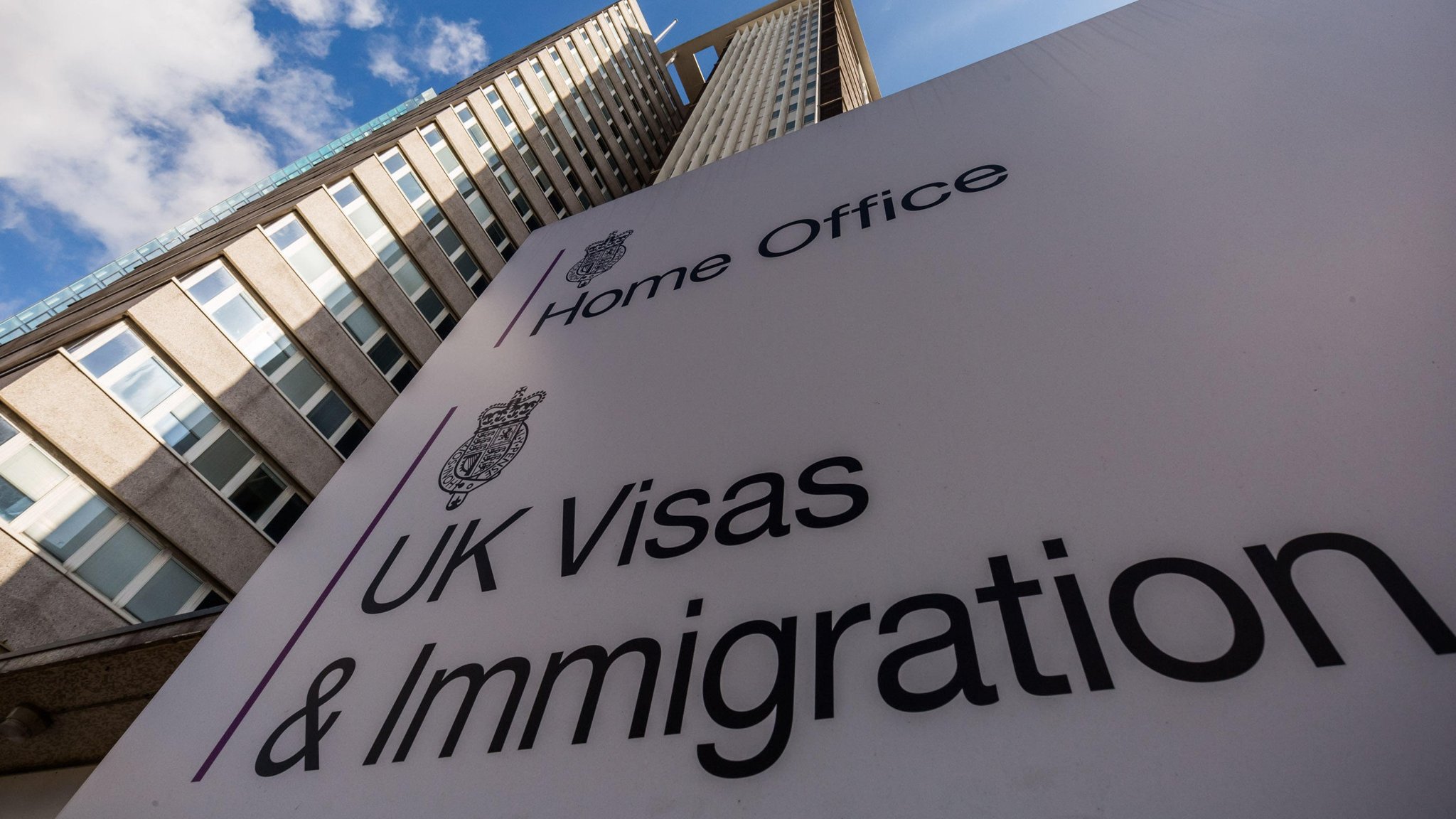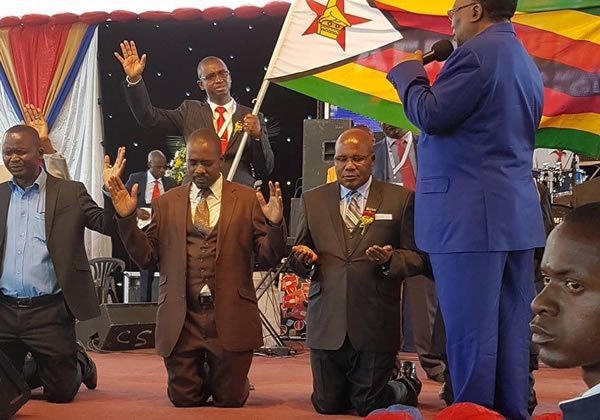By Stephen Sackur
Zimbabwe’s President Robert Mugabe marked his birthday this year with an extravagant party, but how many more such celebrations can there be? In recent months there have been signs of major upheaval inside the ruling Zanu PF party as senior figures jockey for position in preparation for the succession.
When Robert Mugabe recently turned 91 he invited several thousand of his closest friends to a resort hotel near Victoria Falls. Local landowner and Mugabe loyalist Tendai Musasa took it upon himself to handle the catering.
“Only the best, for our provider and our hero,” he said.
Guests were reportedly presented with a dizzying choice of meats, including cuts from two buffalo, five impala and a baby elephant. For once the fabled elephant in the room was actually on the plate.
Rumours of this elephantine feast – at a time of renewed economic crisis in Zimbabwe – drew a storm of criticism from Mr Mugabe’s critics, inside and outside the country. The hotel was moved to issue a clarification – the elephant hadn’t actually been served… because the beast had been too big to fit in the fridge.
But the truth of “elephant-gate” doesn’t really matter. Robert Mugabe at 91 isn’t quite the fearsome force he once was. He gets laughed at and mocked by his fellow countrymen in a way that would have been unthinkable 10 years ago, when he was a mere stripling of 80.
This new vulnerability was most painfully manifested after he took a fall while gingerly negotiating some stairs at Harare airport last February.
His aides tried to confiscate all photographic evidence of his tumble, but of course it went viral. He then fired a dozen bodyguards for failing to protect his dignity. The sense of a leader raging against the ebbing of his powers intensified.
I felt the winds of political change blowing in Harare the other day.
In recent years a BBC visit to the Zimbabwean capital has been about as welcome as a fly touching down in a bowl of soup, but this time I received a personal invitation from one of Mugabe’s most controversial allies, Information Minister Jonathan Moyo.
Throughout his career, Moyo has swung between vociferous criticism of, and slavish loyalty to the veteran president. Now, this most wily of political operators is turning his attention to the post-Mugabe era, and how best to ensure that the ruling party Zanu PF retains its grip on power.
Last year he was an enthusiastic backer of the president’s wife, Grace – known as Gucci Grace for her expensive shopping habits – but now Moyo and other key ministers appear to be lining up behind a different heir apparent, a former military chief, Emmerson Mnangagwa, whose ruthlessness is captured in his nickname – the Crocodile.
Moyo and the Crocodile have been in discussions with senior representatives from those Western governments which continue to impose targeted sanctions on the Mugabe regime. As one diplomat put it to me, “They understand what changes they must make to bring Zimbabwe in from the cold, and we believe they can do it.”
The need for urgent change is glaringly obvious.
I travelled out of Harare to a sprawling collection of shanty shacks known as Komboyatswa. This was one of the neighbourhoods Mugabe infamously tried to erase from the map with his brutal slum clearance programme a decade ago. Tellingly, hundreds of destitute families have returned. There was nowhere else for them to go.
“No piped water, no electricity, and for most of us, no jobs,” shrugs Jairos Mutero as he shows me his mud brick hut. Many in Komboyatswa eke out a living by hawking vegetables and sweets on the side of the road into Harare. Others, including Mutero’s sister, have gone to South Africa to escape Zimbabwe’s broken economy.
Before leaving Harare I went to the bus station. Dozens of Zimbabweans were queuing up for the journey to Johannesburg. Many were travelling without a work permit, just a sense of quiet desperation.
“I feel sorry for my generation,” said Fidelis, a labourer who has spent most of the last six years in South Africa. “We cannot feed our families. It makes me angry, but what can we do?”
The chances are Fidelis will be in Johannesburg when the Mugabe-era in his homeland finally comes to an end. The question is, will what comes next persuade him to return?-BBC, Zimbabwe






